Panagiotis Manolios
Northeastern University
A Reasoning Engine for the Gamification of Loop-Invariant Discovery
Sep 02, 2021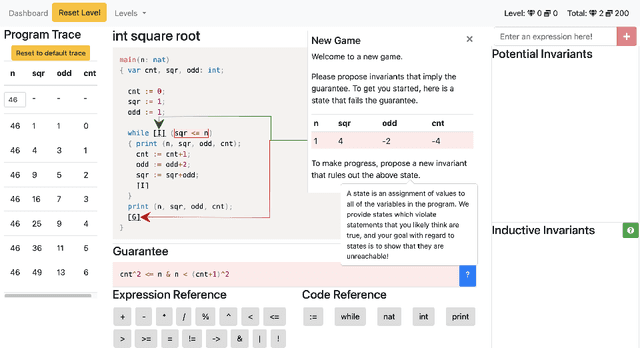
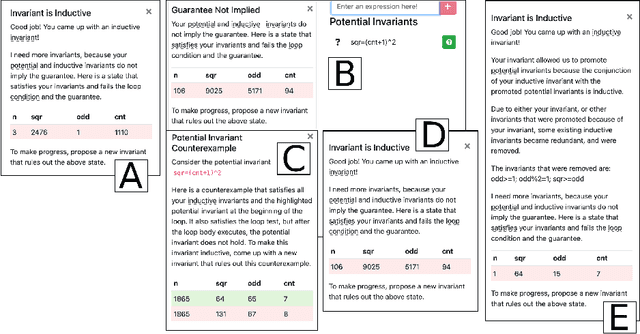
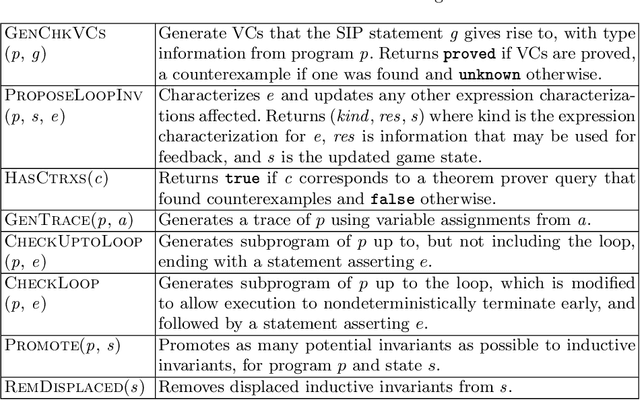
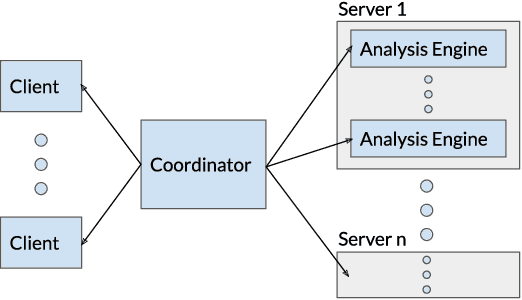
Abstract:We describe the design and implementation of a reasoning engine that facilitates the gamification of loop-invariant discovery. Our reasoning engine enables students, computational agents and regular software engineers with no formal methods expertise to collaboratively prove interesting theorems about simple programs using browser-based, online games. Within an hour, players are able to specify and verify properties of programs that are beyond the capabilities of fully-automated tools. The hour limit includes the time for setting up the system, completing a short tutorial explaining game play and reasoning about simple imperative programs. Players are never required to understand formal proofs; they only provide insights by proposing invariants. The reasoning engine is responsible for managing and evaluating the proposed invariants, as well as generating actionable feedback.
Integrating Testing and Interactive Theorem Proving
Oct 21, 2011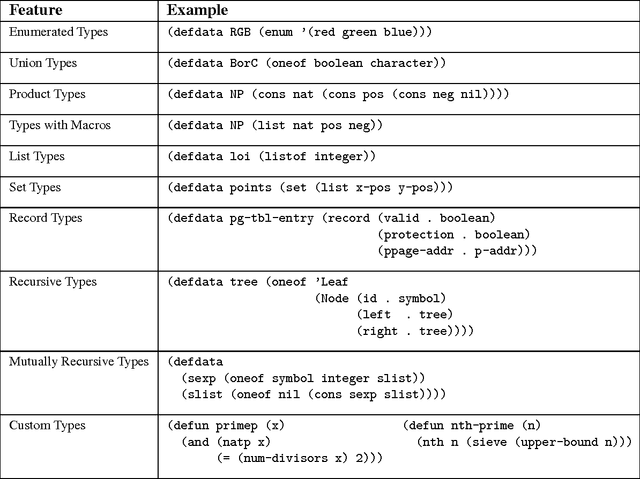
Abstract:Using an interactive theorem prover to reason about programs involves a sequence of interactions where the user challenges the theorem prover with conjectures. Invariably, many of the conjectures posed are in fact false, and users often spend considerable effort examining the theorem prover's output before realizing this. We present a synergistic integration of testing with theorem proving, implemented in the ACL2 Sedan (ACL2s), for automatically generating concrete counterexamples. Our method uses the full power of the theorem prover and associated libraries to simplify conjectures; this simplification can transform conjectures for which finding counterexamples is hard into conjectures where finding counterexamples is trivial. In fact, our approach even leads to better theorem proving, e.g. if testing shows that a generalization step leads to a false conjecture, we force the theorem prover to backtrack, allowing it to pursue more fruitful options that may yield a proof. The focus of the paper is on the engineering of a synergistic integration of testing with interactive theorem proving; this includes extending ACL2 with new functionality that we expect to be of general interest. We also discuss our experience in using ACL2s to teach freshman students how to reason about their programs.
* In Proceedings ACL2 2011, arXiv:1110.4473
 Add to Chrome
Add to Chrome Add to Firefox
Add to Firefox Add to Edge
Add to Edge